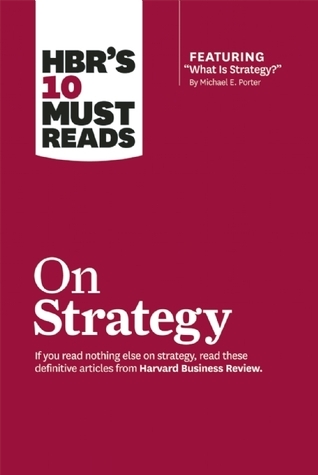More on this book
Community
Kindle Notes & Highlights
Read between
June 6 - July 20, 2021
Similarly, differentiation arises from both the choice of activities and how they are performed.
Remember, the values must stand the test of time. After you’ve drafted a preliminary list of the core values, ask about each one, If the circumstances changed and penalized us for holding this core value, would we still keep it? If you can’t honestly answer yes, then the value is not core and should be dropped from consideration.
That’s who we are. It’s really important to us and always will be. No matter what. And if our current markets don’t value it, we will find markets that do.”
One powerful method for getting at purpose is the five whys. Start with the descriptive statement We make X products or We deliver X services, and then ask, Why is that important? five times. After a few whys, you’ll find that you’re getting down to the fundamental purpose of the organization.
As they move into the twenty-first century, companies will need to draw on the full creative energy and talent of their people. But why should people give full measure? As Peter Drucker has pointed out, the best and most dedicated people are ultimately volunteers, for they have the opportunity to do something else with their lives. Confronted with an increasingly mobile society, cynicism about corporate life, and an expanding entrepreneurial segment of the economy, companies more than ever need to have a clear understanding of their purpose in order to make work meaningful and thereby attract,
...more
One way to generate a precise customer value proposition is to think about the four most common barriers keeping people from getting particular jobs done: insufficient wealth, access, skill, or time.
But our research shows that the fundamentals of good execution start with clarifying decision rights and making sure information flows where it needs to go. If you get those right, the correct structure and motivators often become obvious.
Ironically, the way to ensure that the right information flowed to headquarters was to make sure the right decisions were made much further down the organization.
These companies employ what we call a strategic principle, a memorable and actionable phrase that distills a company’s corporate strategy into its unique essence and communicates it throughout the organization. (For a list of companies’ strategic principles, see “It’s all in a phrase.”)
The final role in the process involves the people who will perform the decision. They see to it that the decision is implemented promptly and effectively. It’s a crucial role. Very often, a good decision executed quickly beats a brilliant decision implemented slowly or poorly.


